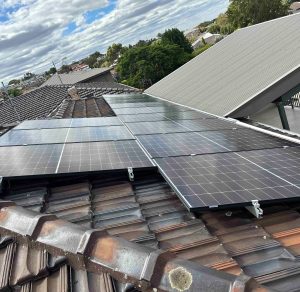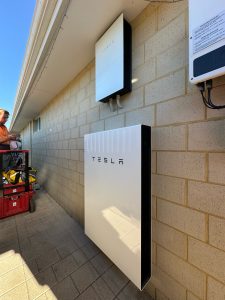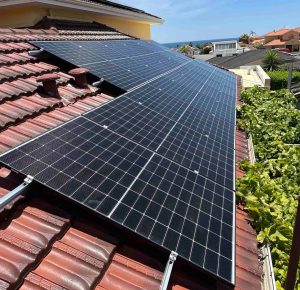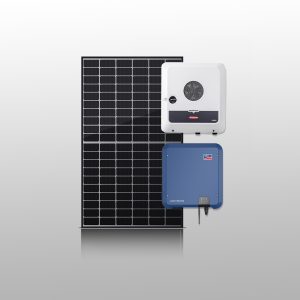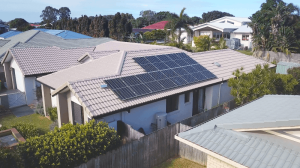A solar power battery backup system plays a crucial role in enhancing the efficiency, reliability, and overall benefits of a solar energy system.
Australia had various feed-in tariff (FiT) schemes in place to encourage the adoption of solar energy. However Feed-in Tariff (FiT) are slowly declining since 2010. Feed-in tariff rates were set by the Essential Services Commission of South Australia, and as of May 2023, the FiT rate was around 6-8 cents per kWh. Average FiT rate is currently around 7 cents per kilowatt hour. Instead of selling solar power back to the grid, homeowners purchase a solar battery to store solar. Homeowners can use the maximum output of the solar energy system by using their stored energy during peak usage hours.
Here are some the other reasons highlighting the importance of a solar power battery backup:
1. Energy Independence: With a solar power battery backup, you can store excess energy generated by your solar panels during the day and use it during periods of low or no sunlight, such as at night or during cloudy days. This energy independence reduces your reliance on the electrical grid, providing you with a consistent and reliable source of power.
2. Enhanced Self-Consumption: By storing surplus solar energy in a battery, you can maximize your self-consumption of solar power. Instead of exporting excess energy back to the grid, which might be subject to feed-in tariffs or other limitations, you can use that stored energy to power your home or business, thus reducing your electricity bills.
3. Power Outage Resilience: One of the significant advantages of a solar power battery backup is its ability to provide backup power during grid outages. When the electrical grid fails, a battery backup system can automatically switch to providing electricity from stored solar energy, ensuring that your essential appliances and systems continue to operate. This is especially beneficial in areas prone to natural disasters or frequent power disruptions.
4. Load Shifting and Time-of-Use Optimization: In regions where utility companies implement time-of-use (TOU) pricing, a solar power battery backup can help you save money. You can charge your battery during periods when electricity rates are lower and discharge it during peak rate times, effectively reducing your overall electricity costs.
5. Smoothing Power Fluctuations: Solar power battery backups also contribute to grid stability by mitigating power fluctuations caused by intermittent solar generation. By storing excess solar energy and releasing it gradually, batteries can help balance the supply and demand of electricity, reducing strain on the grid infrastructure.
6. Environmental Impact: Integrating a solar power battery backup system promotes clean and renewable energy usage. By storing and using solar energy efficiently, you reduce your dependence on fossil fuels, lower greenhouse gas emissions, and contribute to a more sustainable future.
It’s worth noting that the importance of a solar power battery backup can vary depending on individual circumstances, such as location, electricity rates, and the reliability of the local electrical grid. Consulting with a solar energy professional can help determine the specific benefits and economic viability of installing a battery backup system tailored to your needs.


